Frozen foods often get an unfair reputation for being less nutritious than fresh options. However, multiple studies, including research from the University of California–Davis and the USDA, show that freezing preserves vitamins, minerals, and antioxidants at peak ripeness, often making frozen produce just as healthy or even healthier than fresh produce that has traveled long distances. Nutritionists highlight several frozen foods that offer excellent nutritional value and convenience.
Power-Packed Protein: Frozen Edamame
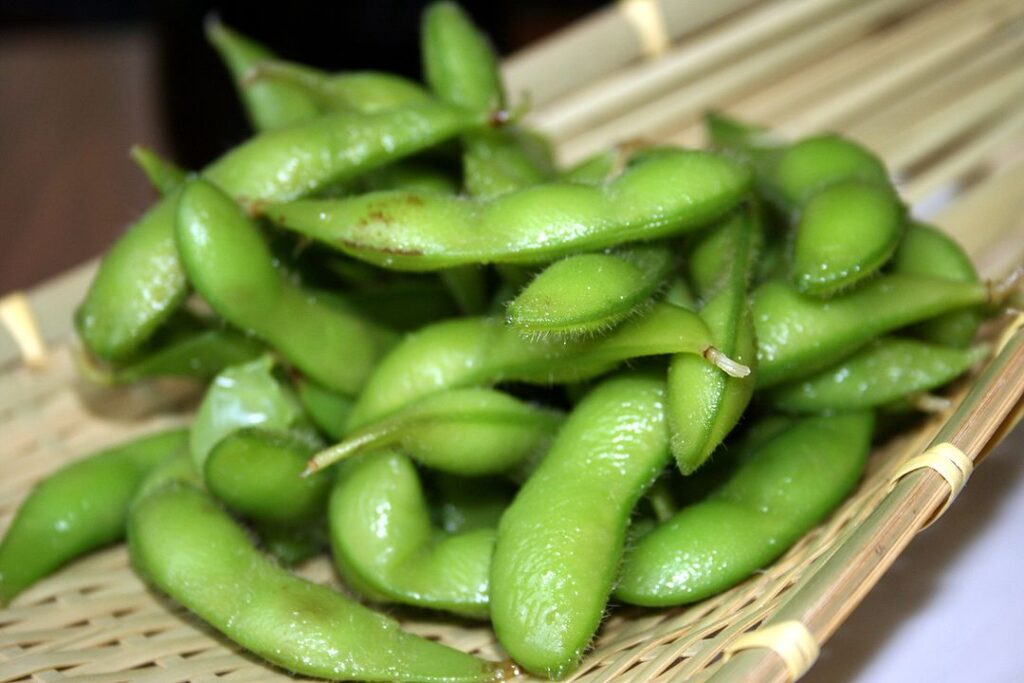
Frozen edamame is an excellent plant-based protein source, providing 17 grams of protein per cup along with iron, magnesium, and folate. A 2020 USDA report found that edamame retains its vitamin C and isoflavones after freezing, making it beneficial for heart health and reducing inflammation. Nutritionists recommend ½ to 1 cup per serving as a satisfying snack or a protein boost in salads and stir-fries.
Iron-Rich Greens: Frozen Spinach
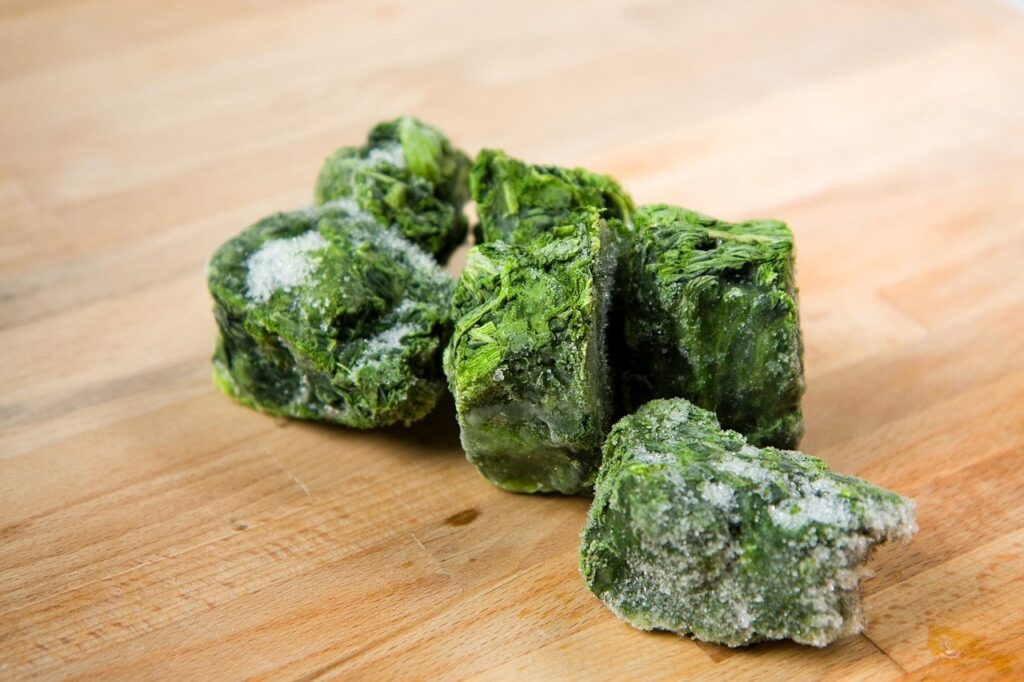
Frozen spinach is rich in iron, vitamin K, and calcium, with one cup offering over 150% of the daily vitamin K requirement essential for bone and blood health. According to the Journal of Food Composition and Analysis, frozen spinach retains nearly all its carotenoids, antioxidants linked to eye health. Dietitians suggest incorporating 1 cup per day into soups, smoothies, or sautés to meet leafy green intake goals without spoilage issues.
Omega-3 Champion: Frozen Salmon
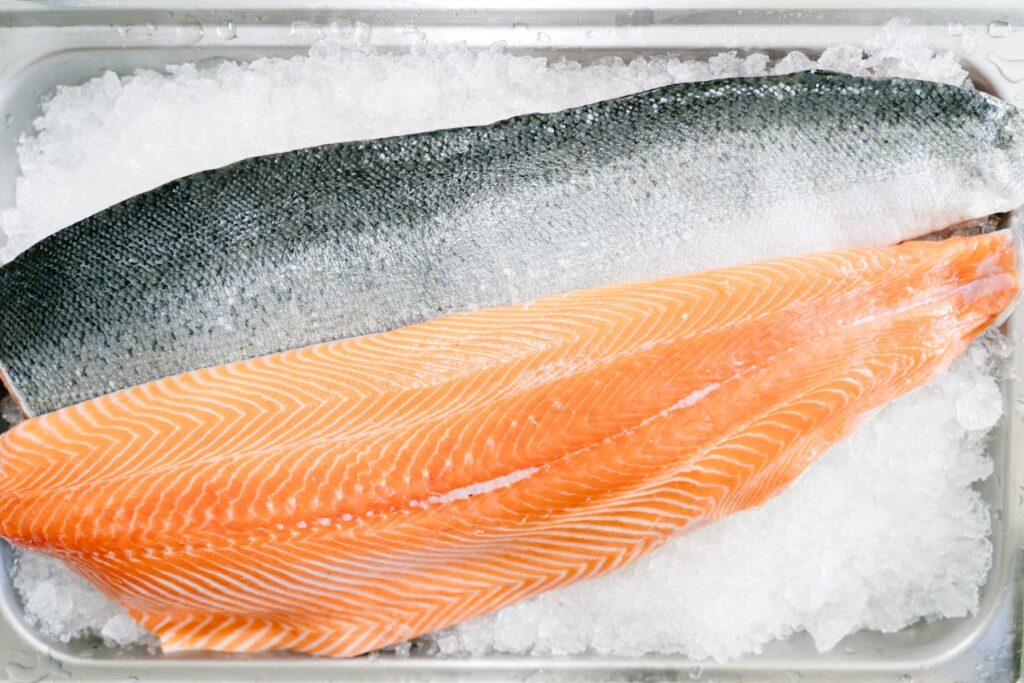
Frozen salmon maintains its nutrient density, delivering over 1,800 mg of omega-3 fatty acids per 6-ounce fillet, supporting brain and heart health. A study in Food Chemistry confirmed that freezing has minimal impact on salmon’s fatty acid profile. The American Heart Association recommends eating two servings of fatty fish per week, making frozen salmon a convenient and cost-effective way to meet this guideline.
Nutrient Variety: Frozen Mixed Vegetables
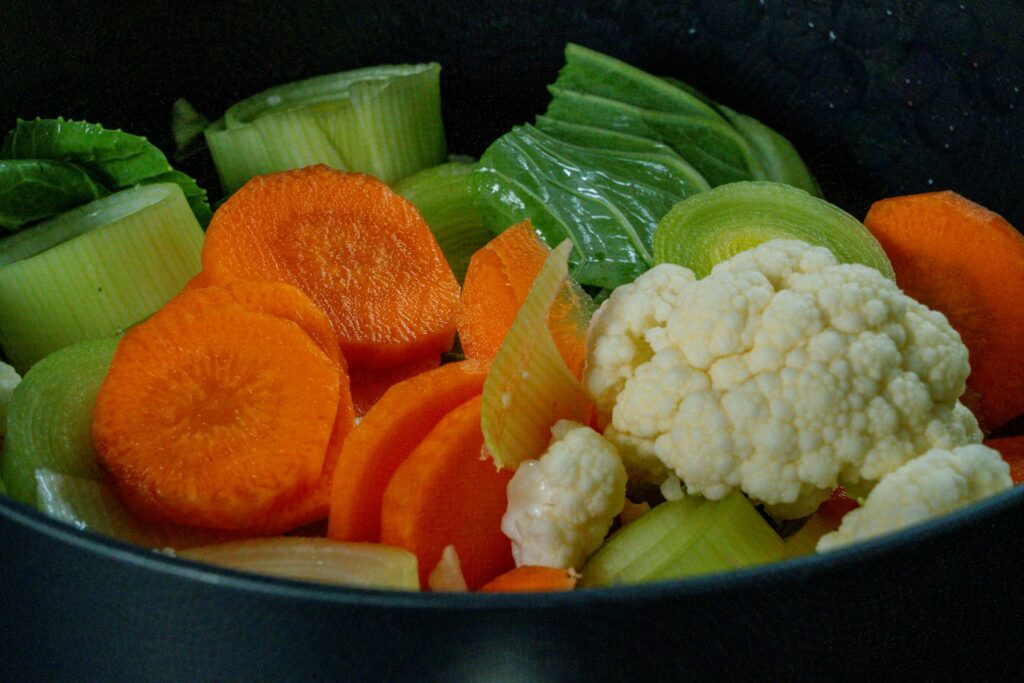
Frozen mixed vegetables typically combine carrots, peas, corn, and green beans, offering a spectrum of nutrients like vitamin A, vitamin C, and fiber. Research from the British Nutrition Foundation shows that freezing preserves the antioxidant activity in these vegetables. A 1-cup serving provides 8 grams of fiber, supporting digestion and satiety. Nutritionists recommend keeping them on hand to quickly balance meals with diverse micronutrients.
Antioxidant Boost: Frozen Berries

Frozen berries, including blueberries, raspberries, and strawberries, retain high levels of anthocyanins, vitamin C, and fiber. A USDA study found that frozen blueberries maintained comparable antioxidant activity to fresh ones after months in storage. One cup of mixed frozen berries provides 24% of the daily vitamin C requirement and 8 grams of fiber. Nutritionists suggest ½ to 1 cup daily in yogurt, smoothies, or oatmeal for optimal benefits.
Gut-Friendly Fiber: Frozen Asparagus
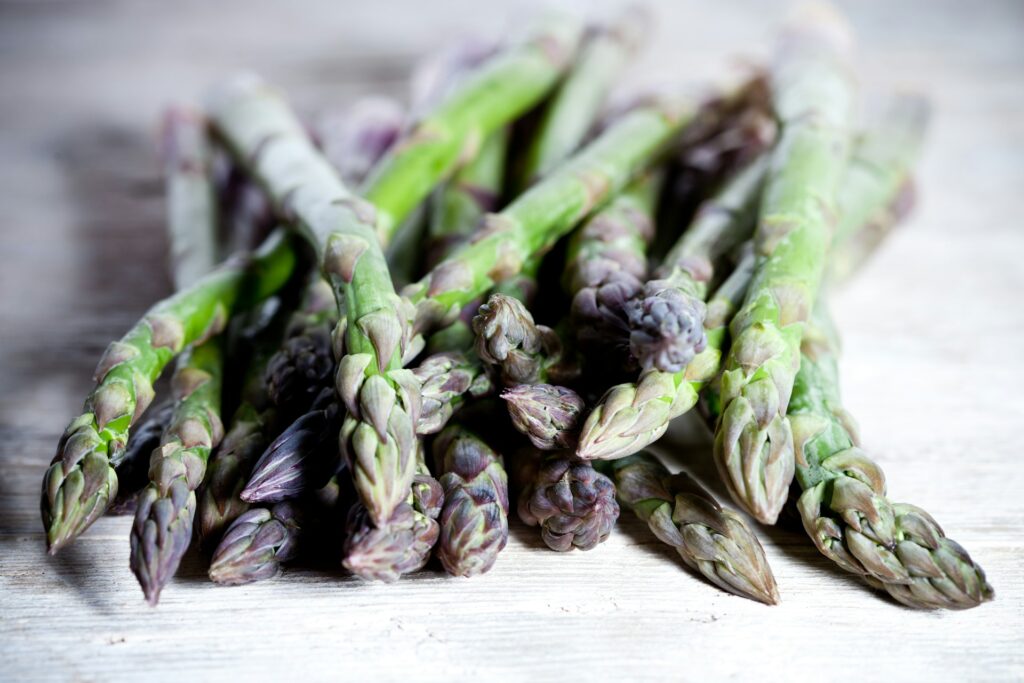
Frozen asparagus is packed with fiber, vitamin K, and folate, with 1 cup offering 3 grams of fiber and over 60% of the daily folate requirement. According to research in LWT – Food Science and Technology, freezing preserves its antioxidant content, particularly rutin and quercetin, which support cardiovascular health. Nutritionists recommend adding 1 cup a few times per week to support digestive and metabolic health.
Lean Protein Source: Frozen Cod and White Fish Fillets
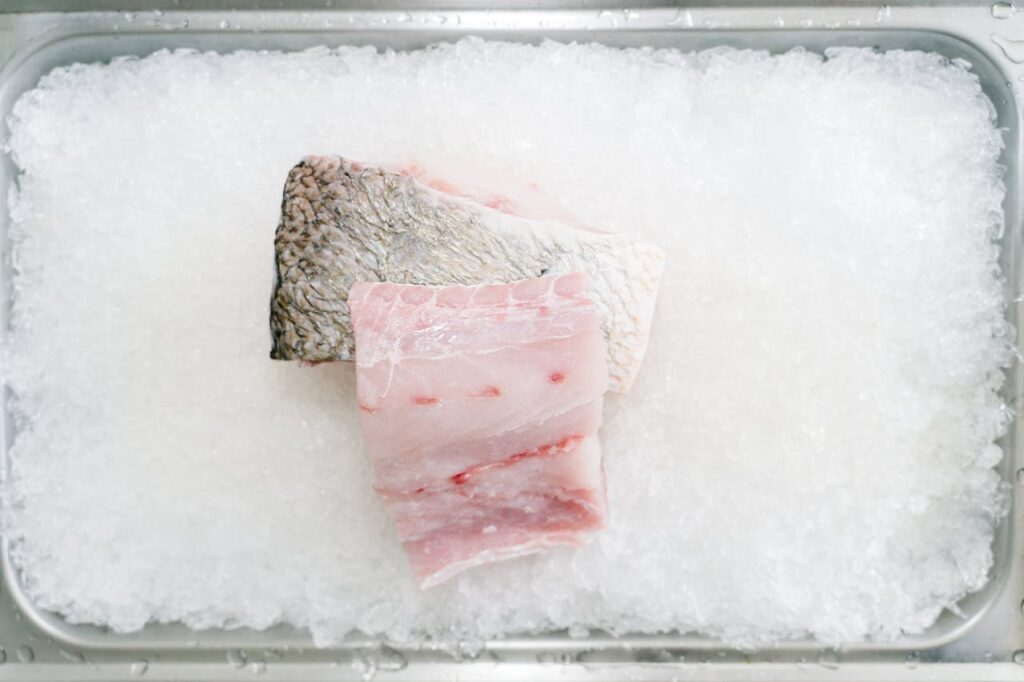
Frozen cod and other white fish fillets are low in fat but high in protein (20 grams per 4-ounce portion) and rich in selenium and vitamin B12. A 2017 study in Food Control found negligible nutrient loss in white fish after freezing. The Dietary Guidelines for Americans recommend including lean protein sources regularly, and nutritionists suggest 2–3 servings per week as a healthy alternative to red meat.
Cancer-Fighting Cruciferous: Frozen Broccoli
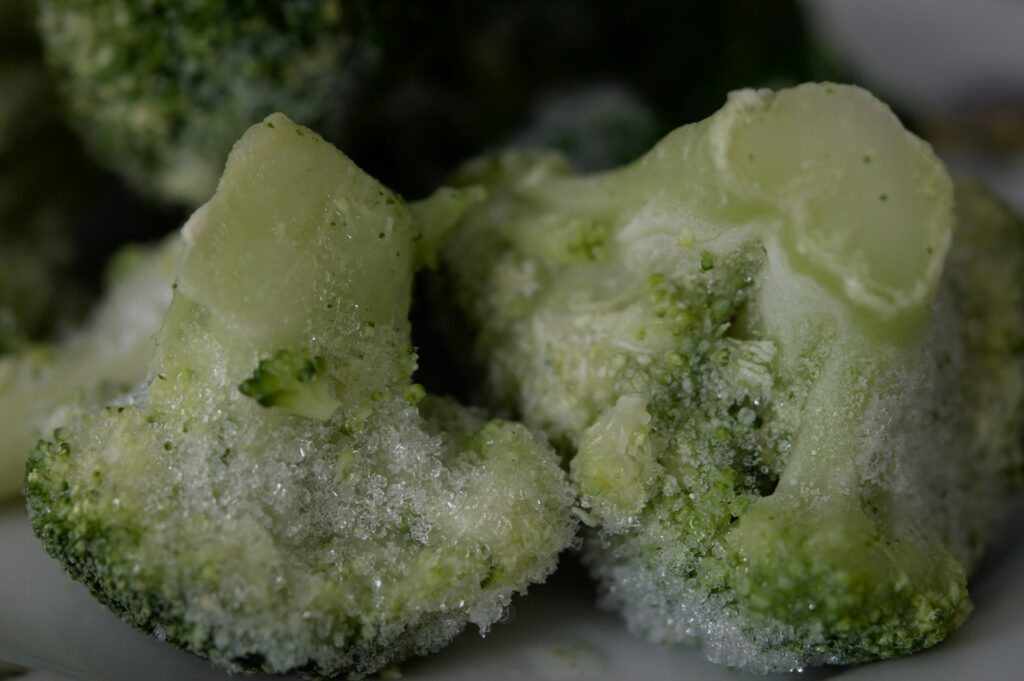
Frozen broccoli retains high levels of vitamin C, fiber, and sulforaphane, a compound linked to cancer protection. One cup provides 135% of the daily vitamin C requirement and 5 grams of fiber. Studies in the Journal of Agricultural and Food Chemistry confirm that frozen broccoli maintains antioxidant activity even after long-term storage. Nutritionists recommend 1 cup daily as an easy way to boost cruciferous vegetable intake.
Low-Calorie Protein: Frozen Shrimp
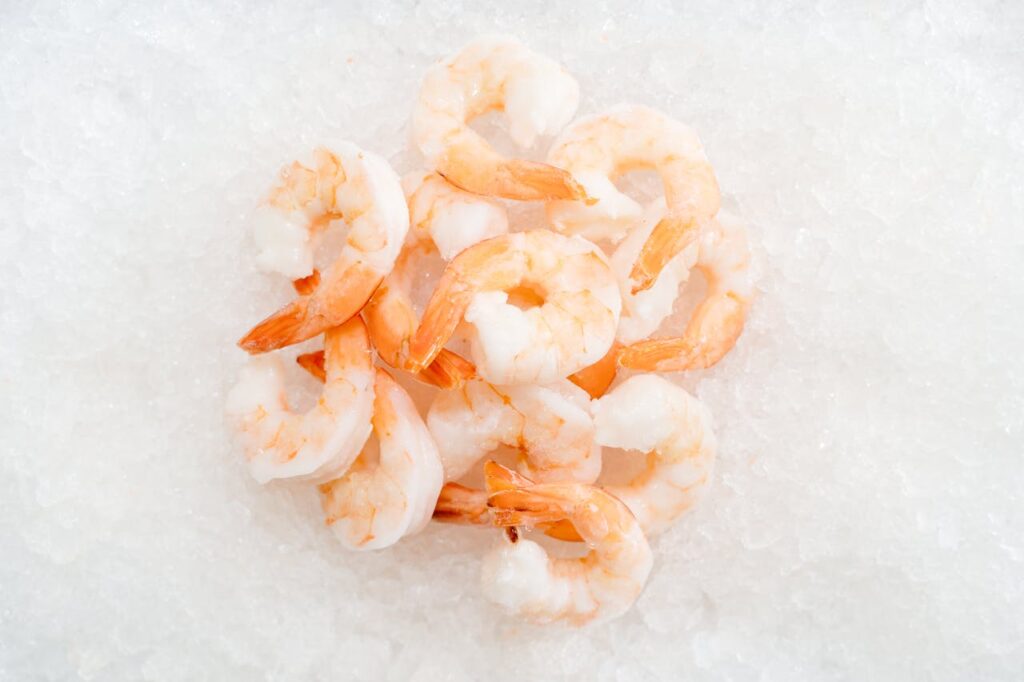
Frozen shrimp is a lean protein option with 24 grams of protein per 4-ounce serving and just 120 calories. It is also a top source of selenium, iodine, and vitamin B12. Research in the Journal of Food Science indicates that freezing shrimp preserves its nutrient profile while ensuring food safety. Dietitians recommend 1–2 servings per week, making it a versatile and quick addition to pastas, salads, or stir-fries
Comments